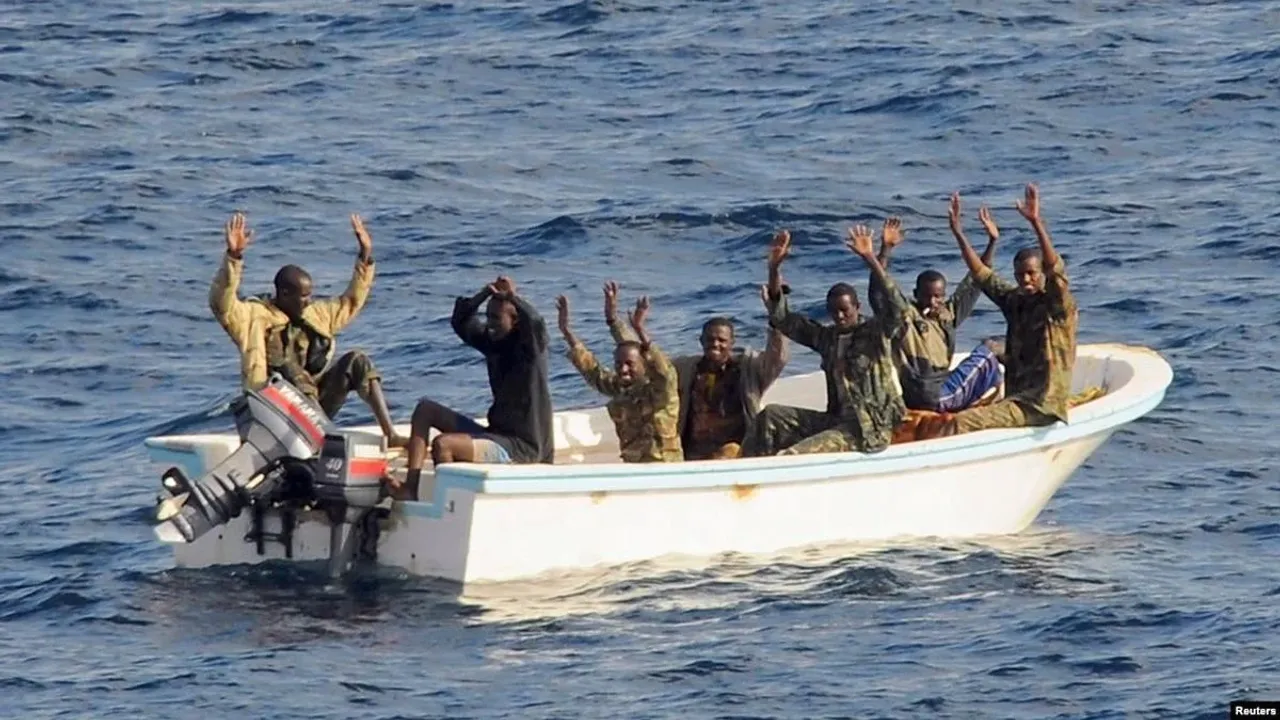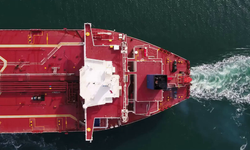Local authorities in Puntland confirmed the hijacking on Sunday, December 8, 2024, and the incident is under intense scrutiny as security forces in the region prepare for potential rescue operations.
The vessel, initially under the protection of its original captors, was seized by armed men hired for security purposes, who were then reinforced by other pirates wielding AK-47 rifles. The exact timeline of the hijacking remains unclear, but the situation garnered international attention when the European Union's anti-piracy naval force, Atalanta, labeled the event an "armed robbery at sea" on Thursday. Mohamed Dini, a police officer stationed in Eyl, a known piracy stronghold on Puntland's eastern coastline, confirmed that the pirates are moving the vessel away from the coast, possibly seeking refuge.
The Puntland administration has firmly opposed any ransom payments and is prepared to take military action if necessary. "We are ready for intervention if they refuse to negotiate," stated Dini. Attempts to mediate by local business leaders familiar with the fishing industry have been unsuccessful, with pirates rejecting ransom offers as high as $1 million. Local elder Ali Warsame mentioned that a Somali company involved in the fishing operations tried to negotiate but returned empty-handed, as pirates remained adamant about their demands.
The hijacked vessel was spotted near the coast of Eyl on Friday, but was forced back out to sea by armed pirates, who feared a confrontation with Puntland’s coast guards positioned nearby. The situation has escalated rapidly, particularly in light of a similar hijacking earlier this year. In March, Somali pirates hijacked the Bangladeshi cargo ship MV Abdullah, carrying 55,000 tonnes of coal, with the owners reportedly paying ransom to secure its release. The uptick in hijackings raises concerns about the security of maritime operations in the Indian Ocean, especially as international naval forces have reduced their presence in the region. Atalanta has reaffirmed its commitment to monitoring the situation, stating that the crew of the Chinese vessel is safe and unharmed.
This resurgence of piracy highlights broader concerns about maritime security and the ongoing threat to regional stability. Experts suggest that the increase in piracy may be linked to economic desperation and security gaps left by the withdrawal of international naval forces. Somalia’s coastline has long been plagued by piracy, which has had significant economic and humanitarian impacts on the region.
Although progress has been made in combating piracy over the years, this recent surge suggests a possible regression in efforts to curb such acts. The Puntland administration's resolute stance against engaging with pirates signals a shift toward more aggressive military interventions, raising concerns about the future of maritime safety and economic stability along East Africa's northern coast. Observers are watching closely as Puntland forces prepare for a potential confrontation, with local and international stakeholders hoping that piracy deterrence remains a priority.




